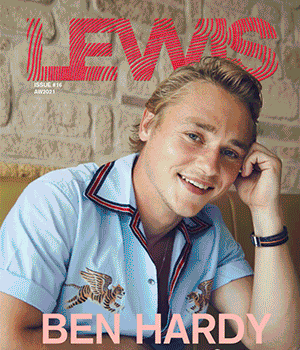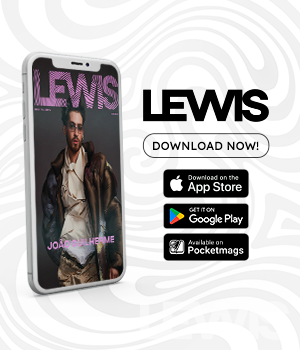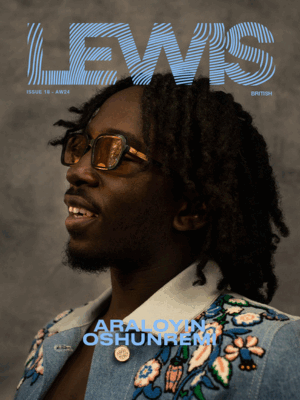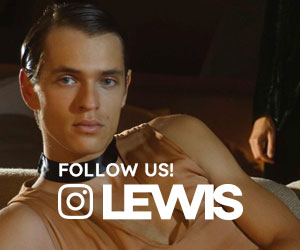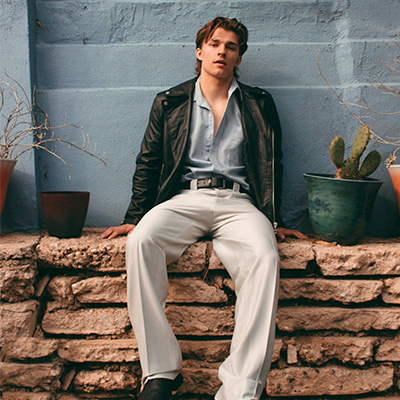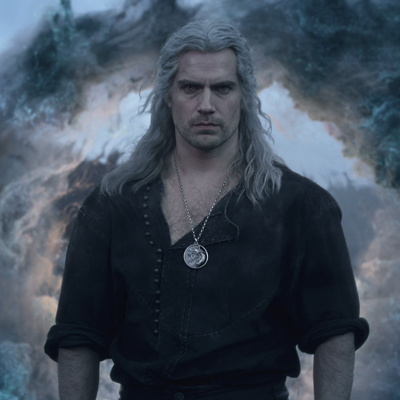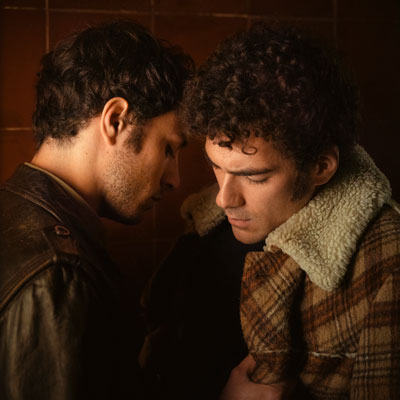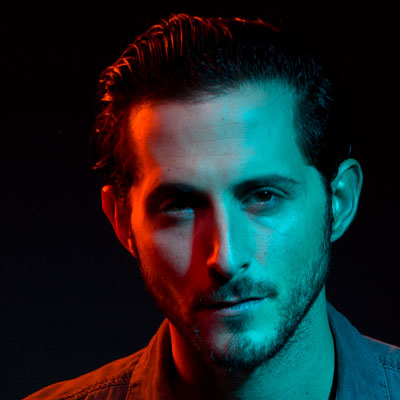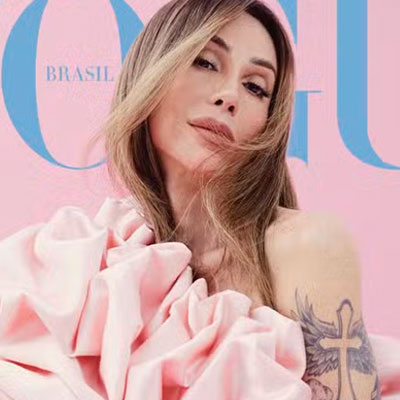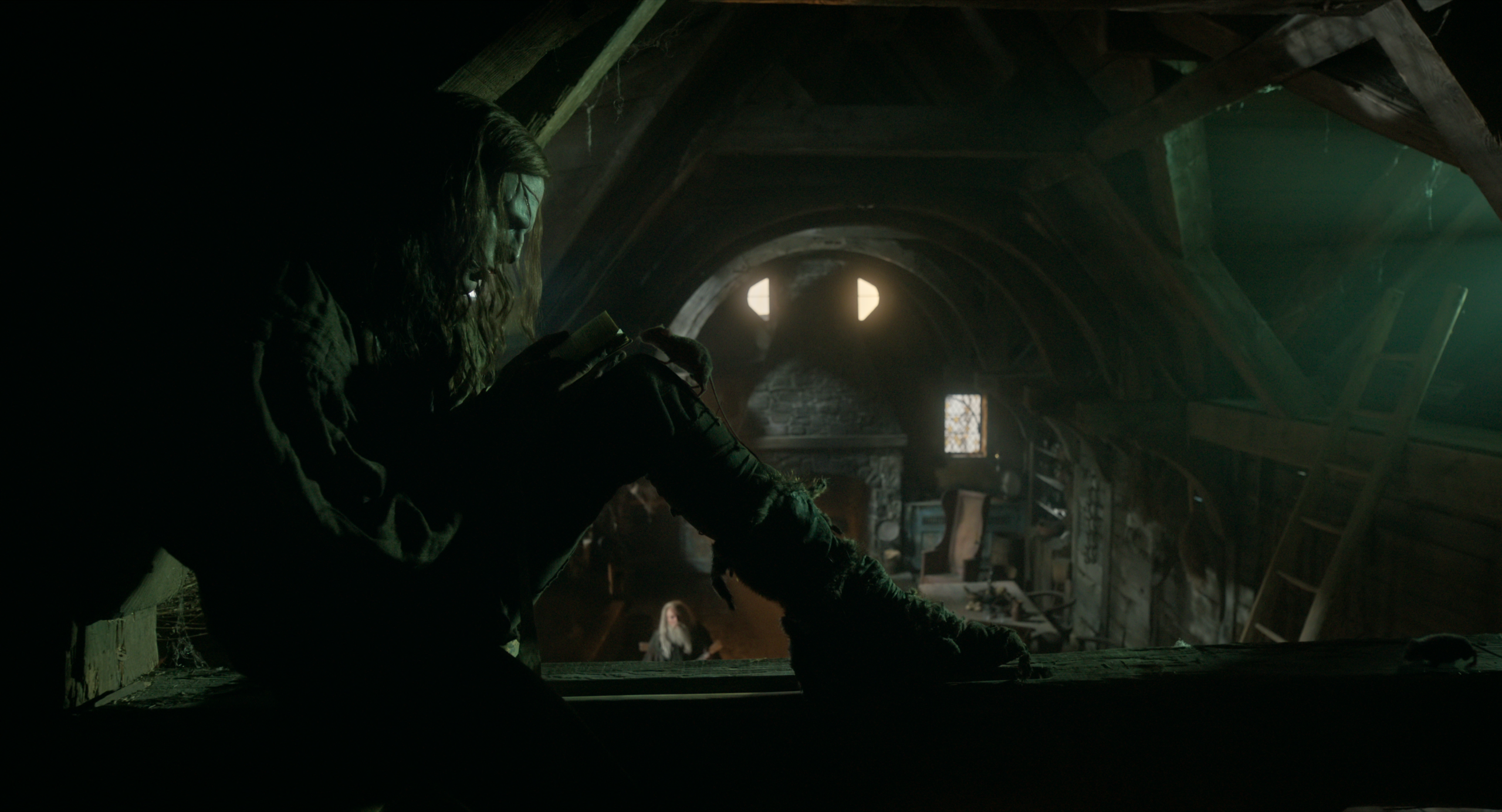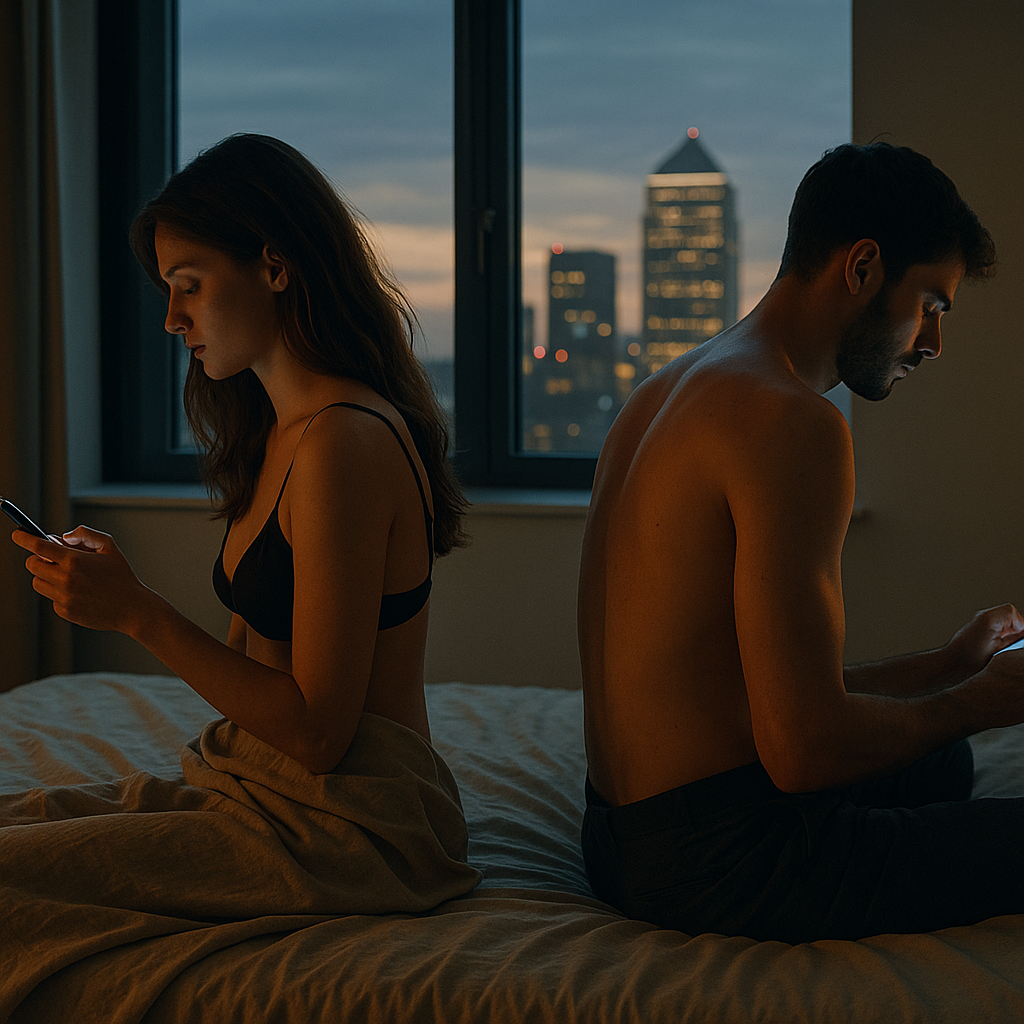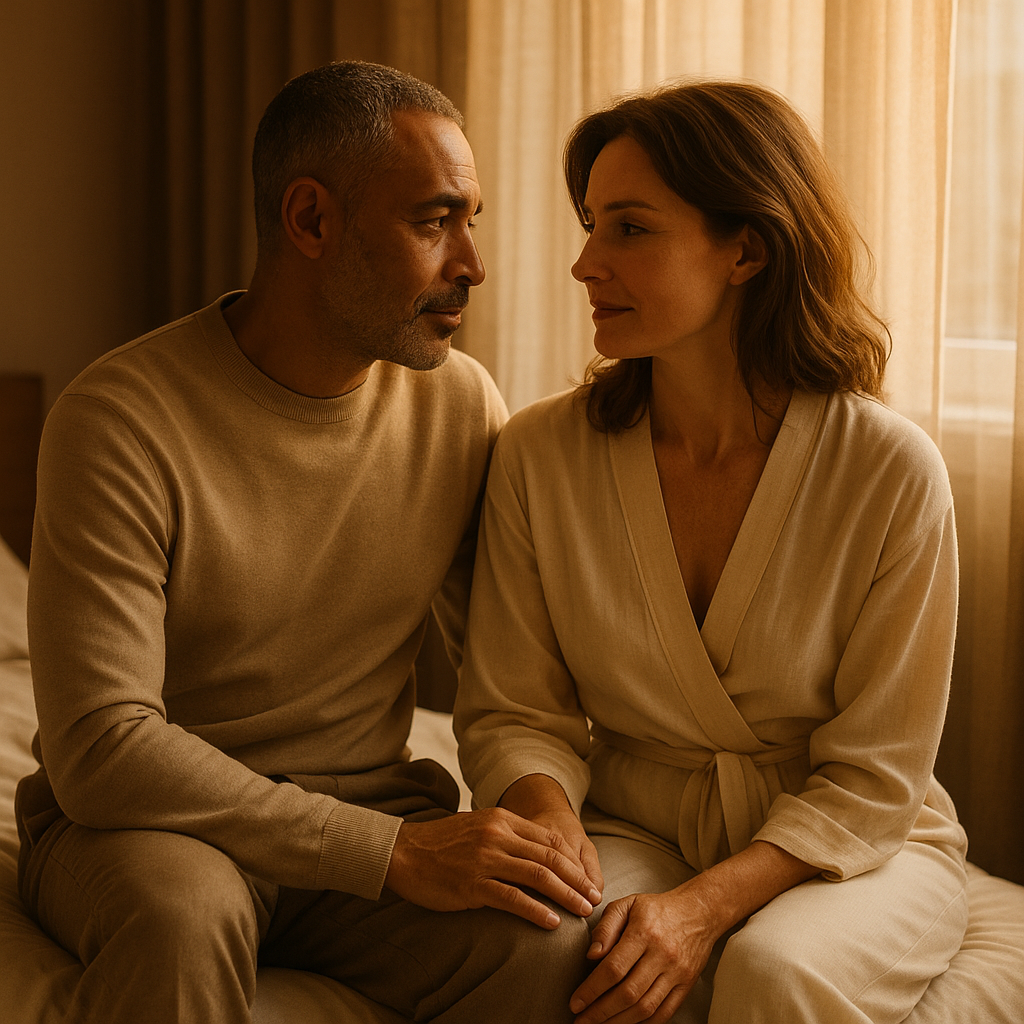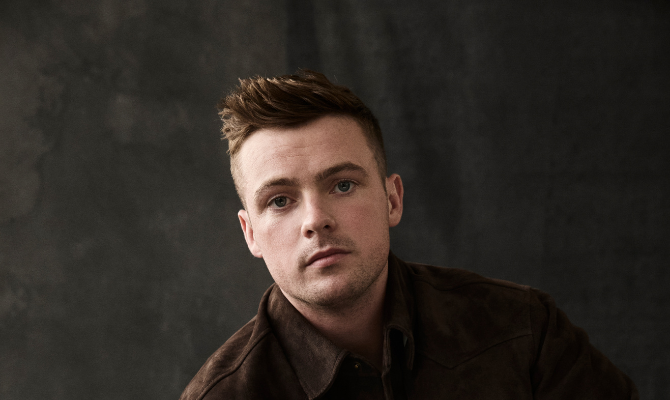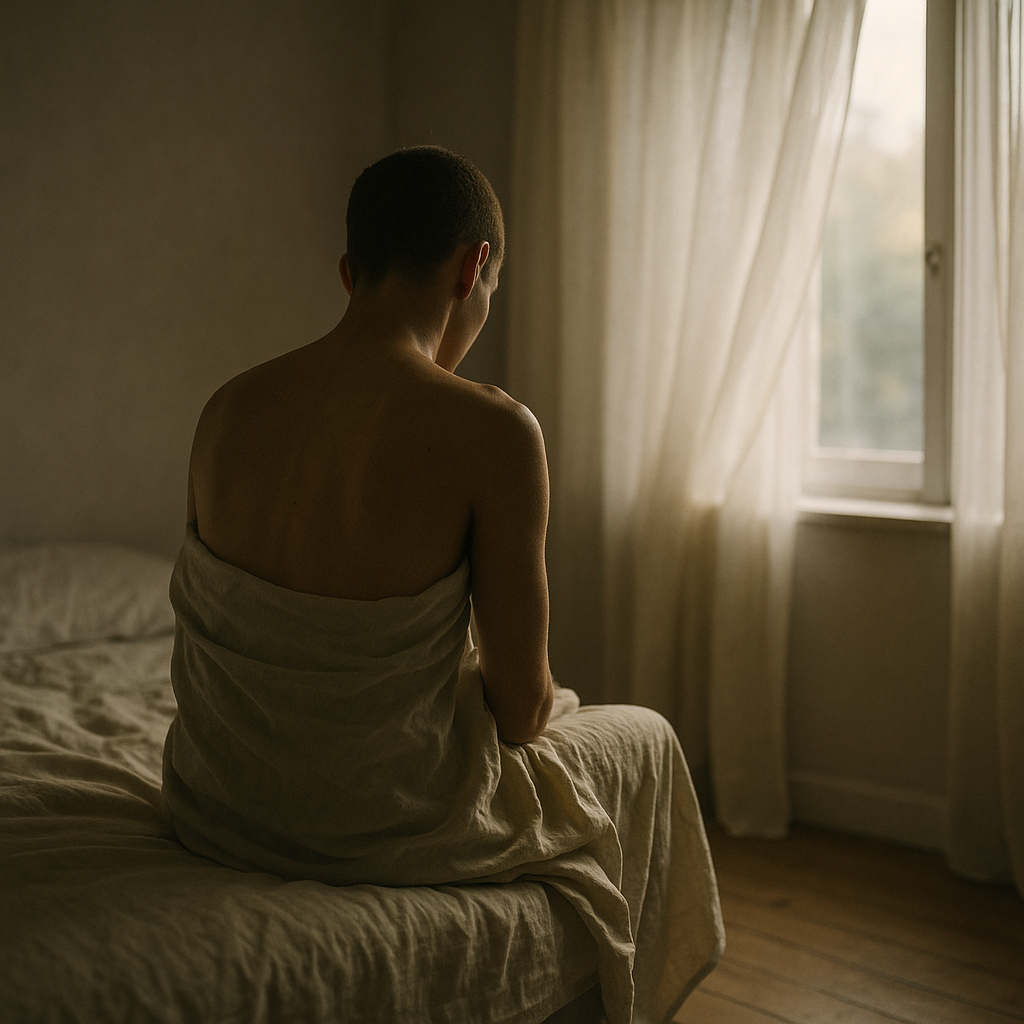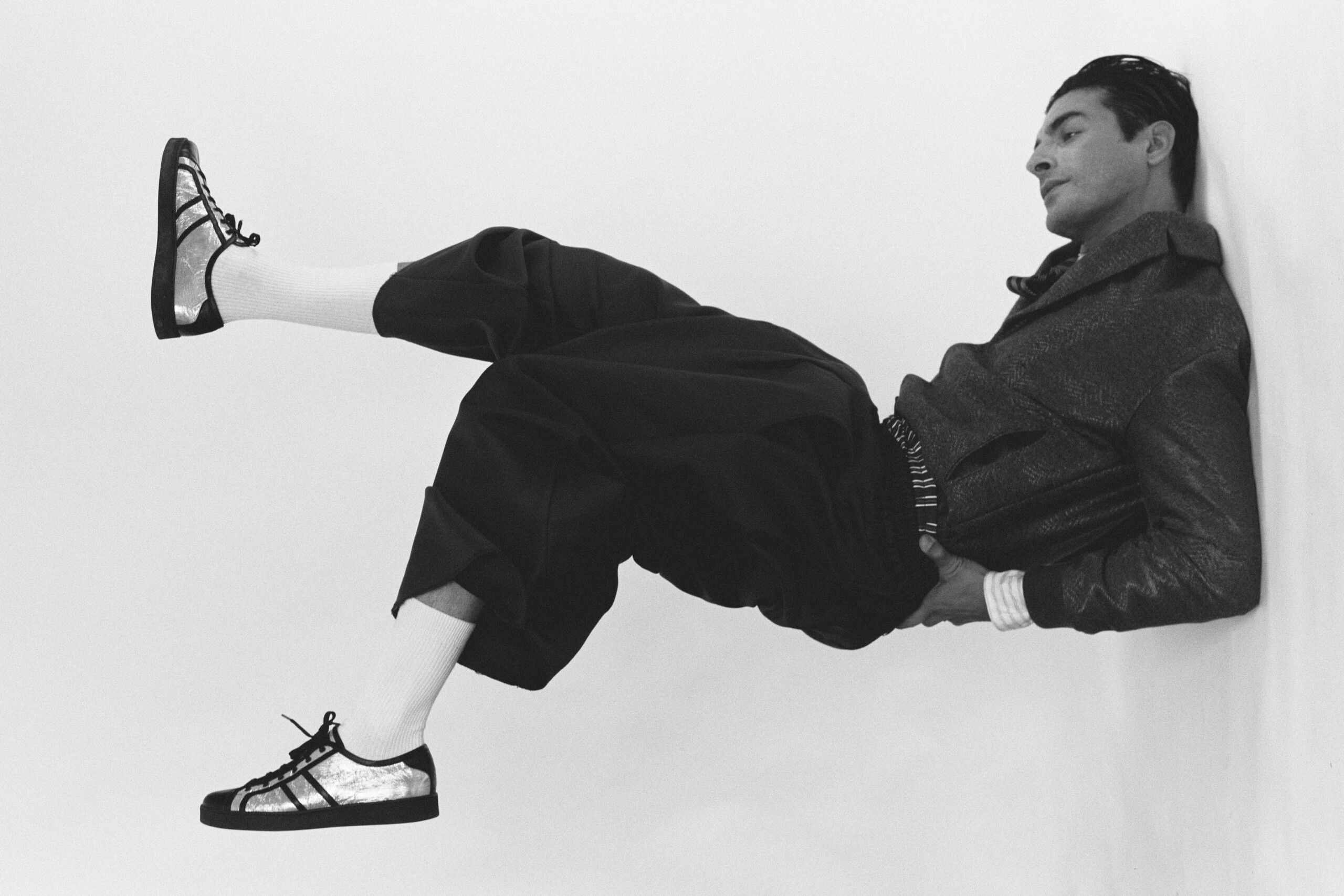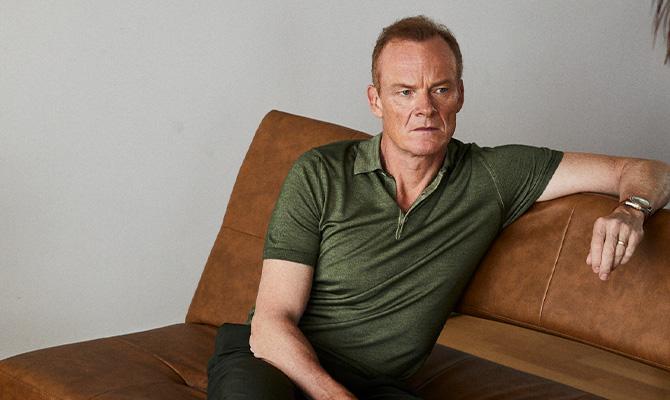Disney’s undead universe has a new heartbeat. Ethiopian‑Australian rising star Mekonnen Knife—fresh from stealing scenes as Vargas in Zombies 4: Dawn of the Vampires—opens up about fusing ballet precision with vampire swagger, guarding cast camaraderie like “unapologetic loyalty,” and preparing to ignite arenas on the forthcoming Descendants/Zombies world tour.
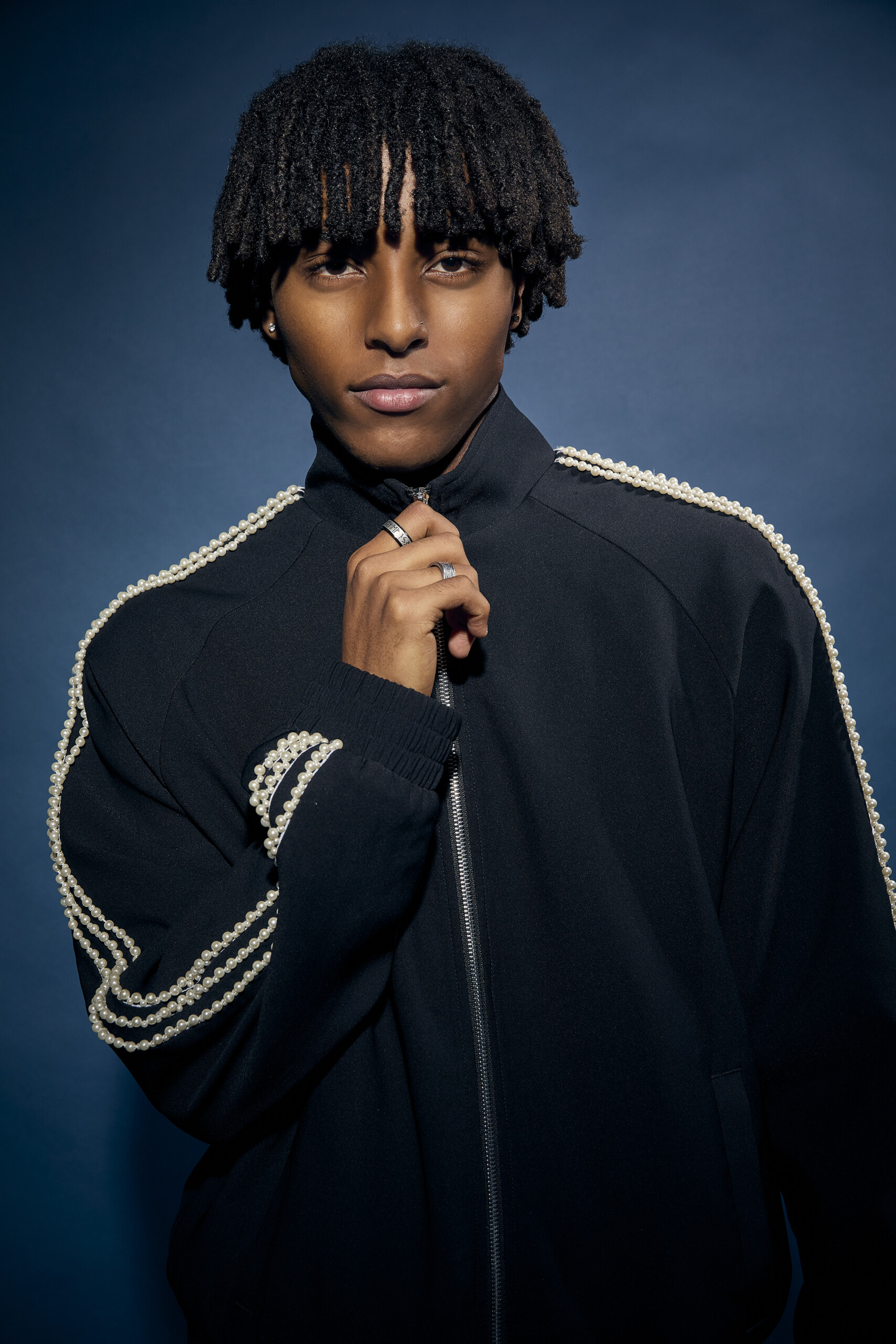
1- Vargas is described as the “glue” that keeps his vampire friends together—how did you build that sense of loyalty and camaraderie on-set with Victor and Vera’s actors, and what personal experiences did you draw on to shape Vargas’s big-hearted vibe?
Building that “glue” connection with Malachi Barton and Swayam Bhatia, who play vampires Victor and Vera, was all about trust and openness. We spent a lot of time off-camera just talking, joking, riding around on scooters, and really getting to know each other, which naturally translated into our chemistry on set. To create Vargas’ fierce loyalty and big-heartiness, I drew from my own experiences with close friends and family—those relationships where you have each other’s backs no matter what. That kind of unconditional support is what I wanted to bring to Vargas, making him someone his crew can always rely on.
2- Your path from winning Australia’s “Dream Big Challenge” to starring in a Disney musical movie is remarkable—how has your rigorous ballet training (and that early role as Wolfie in Dracula’s Cabaret) influenced the physicality and movement choices we’ll see from Vargas in ZOMBIES 4?
Ballet was the foundation for other dance styles I’ve learned, and that mix helped shape Vargas’ movement—strong but fluid. Playing Wolfie in Dracula’s Cabaret taught me how to blend theatricality with dance, which you’ll see in ZOMBIES 4—a mix of power and grace.
3- You were born in Gerje Gefersa, Ethiopia and grew up in Australia; in what ways do both cultures show up in your creative process, and did you find any unexpected connections between your heritage and the film’s vampire mythology?
Being born in Ethiopia and growing up in Australia shaped how I see the world, and I brought that into playing Vargas. Ethiopian culture is rich in storytelling, spirituality, and tradition—which actually connects in interesting ways to the vampire world. At the same time, growing up between two cultures taught me what it’s like to balance different sides of yourself. That tension between old traditions and new beginnings—that’s something I know personally, and it helped me bring honesty to the role.
4- The “Descendants/Zombies: Worlds Collide Tour” launches just a week after the movie premieres—what new skills or routines are you most excited (or nervous!) to showcase live in arenas, and how are you preparing mentally and physically for that whirlwind schedule?
It’s wild—going from filming on a set to live arenas in such a short time! I’m really excited to bring that energy to the stage, especially with the dancing. I’ve been pushing myself in rehearsals to strengthen my skills, and doing it live just adds a whole new layer. Vocally and physically, it’s intense, so I’ve been training hard – working with coaches and staying consistent with movement. Mentally, I’ve been grounding myself with routines – stretching, journaling, just trying to stay present in the chaos. It’s a whirlwind, but the idea of getting to do what I love, is what keeps me going.
5- Hosting Shake Takes put you on the other side of the interview mic—what did you learn about putting guests at ease, and how will you use those insights when you’re the one being interviewed on red carpets this summer?
Hosting “Shake Takes” taught me how important it is to create a relaxed, genuine vibe. When guests feel seen and not just “interviewed,” they open up. I learned to really listen, not just stick to a script—and that’s something I’ll carry with me on red carpets. I want to show up as myself, stay present, and hopefully make every interaction feel like a real conversation, not just a media moment.
6- You’re vocal about men’s mental-health awareness and about widening access for under-represented voices in entertainment; can you share a moment on set or on tour when that advocacy directly shaped a decision you made or a conversation you sparked?
Early on, I thought I had to handle everything on my own—especially in an industry that moves fast and doesn’t always give you space to catch your breath. But I’ve been lucky to have mentors who’ve shown me the power of looking after your mental health and not being afraid to ask for help. Watching them prioritize their well-being made it feel less like a weakness and more like strength. It took time, but once I started accepting support, I saw how much better I showed up—not just for myself, but for everyone around me. Now I try to pass that on, whether it’s through conversations on set or just checking in with someone who might need it. I want everyone to know that support is out there, and it’s okay to lean on it.
7- Fans love the Zombies franchise for its messages of acceptance and unity—if real-world audiences could adopt one specific trait from Vargas and his vampire crew, what would you hope it would be, and why?
If there’s one thing that I want audiences to take away from Vargas and the vampire crew, it would be their loyalty—to each other and to who they are. Vampires in ZOMBIES 4 might come off intense at times, but at their core, they’re unapologetically themselves, and always have each other’s backs. In a world where people are often pressured to fit in or hide parts of themselves, that kind of unity and self-acceptance is powerful. I think we all need a little more of that—being real, standing by our people, and making space for others to do the same.
8- Between dancing, acting, modelling, comedy, and activism, your résumé is already packed—what creative frontier or social issue would you love to tackle next that might surprise your fans?
Creatively, I’d love to get into writing and directing. I’m always coming up with stories that are a little out-of-the-box, and I like when storytelling surprises you or lifts you up in a new way. I’m also really interested in finding ways for people—especially young people who don’t always fit into traditional education—to explore their creativity without all the usual rules. Not everyone learns or expresses themselves the same way, and I think it’s important to help people find their voice in their own way. Socially, I care a lot about making the creative arts more available to young people, especially in places like Ethiopia, where I was born. And men’s mental health is really important to me too. A lot of guys grow up thinking they can’t ask for help, but I’ve learned that being honest and open is actually a real strength. I want to help make that feel normal.

CREDITS
Photography: JSquared Photography,
Styling: Marquise Miller & Aaron Christmon.

